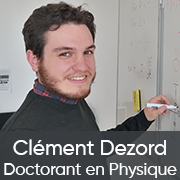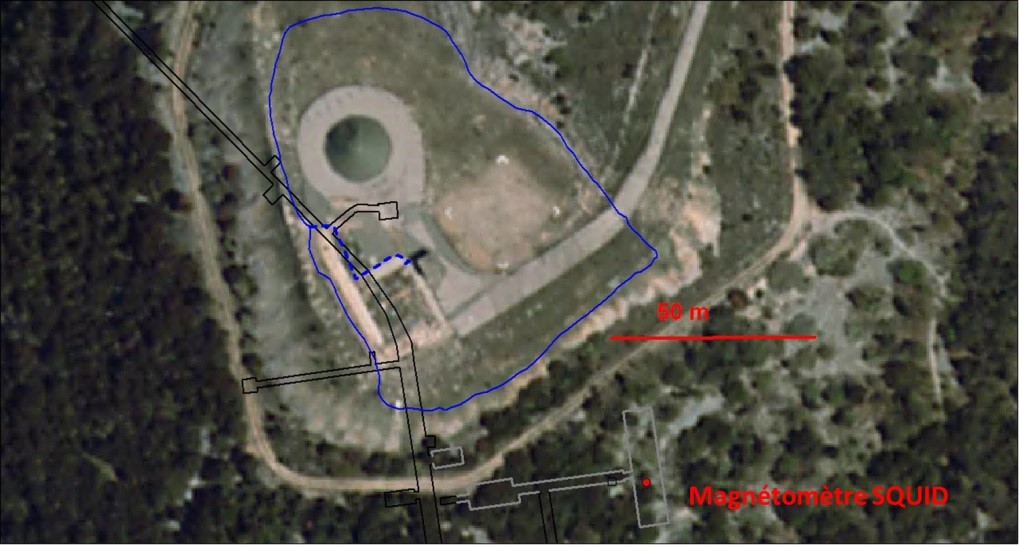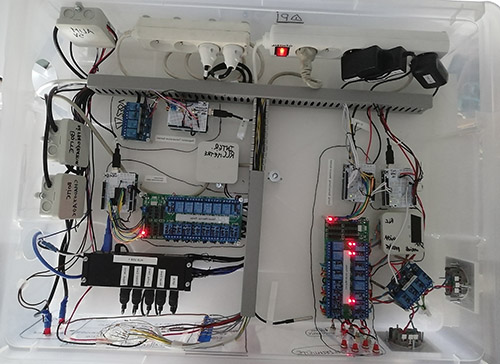[Portrait] Clément Dezord, PhD student in Physical Sciences
What is your research about?
Currently in PhD in physical sciencesI am working on the development of a measuring instrument located on the surface site of the Low Noise Underground Laboratory of Rustrel.
In 2010, a magnetic source was deployed at the top of the Grande Montagne de Rustrel, home to the LSBB, to excite ultra-sensitive measuring devices installed 500m underground.
The characteristics of this device are unique, particularly its large size (see figure on the right). It can then be considered as a giant magnetic sensor. One of the major objectives of this thesis is to exploit it differently, while maintaining its original functionality. The aim is to make it an instrument dedicated to environmental measurement, open to the entire scientific community.
What are your current scientific activities?
The implementation of these new functionalities involves strong technical challenges. The control system must be remotely controllable and reliable, so that it can be used over long periods. After several tests and studies in a controlled environment in the laboratory, we managed to deploy functionalities in the field. Today, we are carrying out measurement campaigns and starting to exploit the data. This last aspect is one of the other major challenges of the thesis. Various uses of the work are thus planned for the second year of the PhD, focusing on technological development on the one hand and on data exploitation on the other.


Aerial view of the LSBB surface site, located at the top of the mountain.
Blue line: Cable route forming the magnetic source; Black line: Underground galleries.
Why did you choose to work in academic research?
With a background in electronics, I am convinced that technology combined with research provides an optimal balance to answer questions about our environment.
What advice would you give to students who want to do research?
In the context of a thesis, taking a full grasp of the scope of your subject seems to be a guarantee of success. I can say today, with the experience of a first year, that the thesis remains an extraordinary adventure. It is, indeed, a path strewn with pitfalls, but each of these pitfalls is an opportunity for enrichment. On the other hand, exchanges between scientific fields are a source of permanent inspiration and innovative ideas, the pillar of effective research.
Which object or image from your research best illustrates you?
As a passionate electronics engineer, I developed a measuring bench allowing all the instrument's functionalities to be grouped together. This tool, based on a nano-computer and programmable cards, provides all the intelligence necessary to automate and collect reliable data from our laboratory in Avignon.

See also
Mis à jour le 22 December 2022